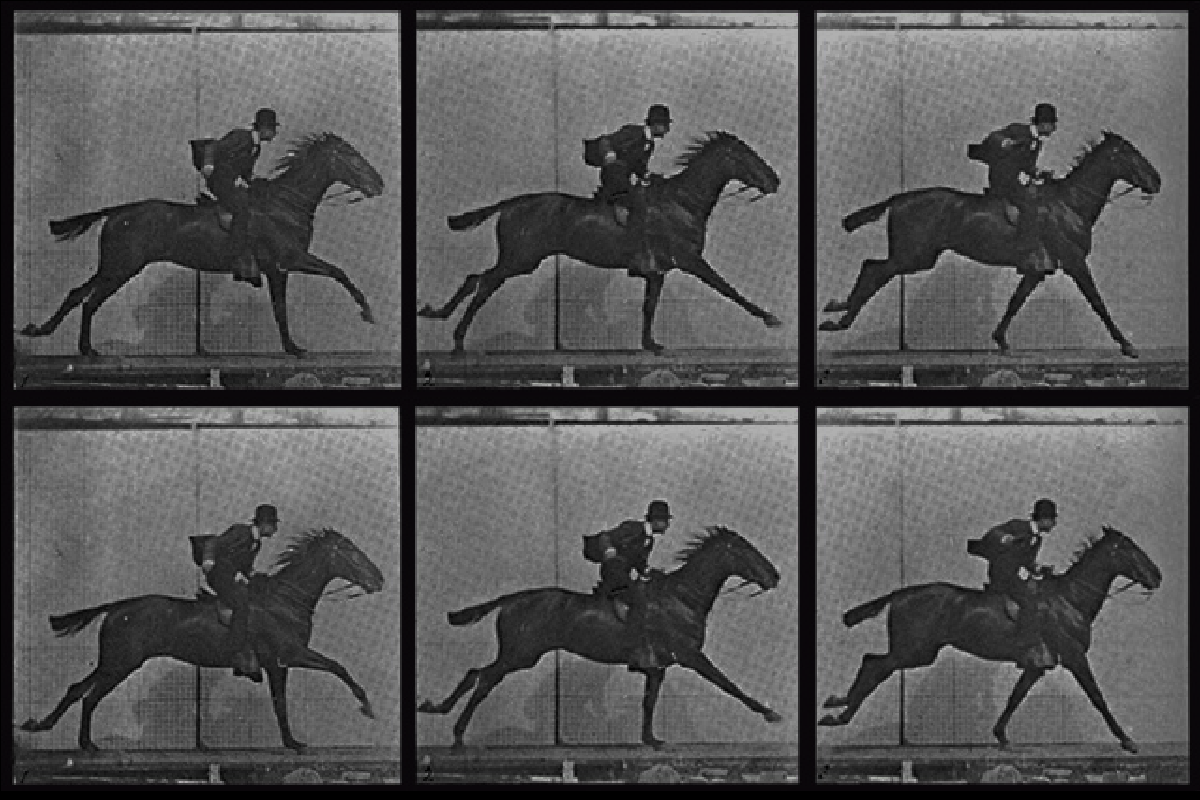Leisure & Culture #24
One Man’s Mission to Analyse Film Form
Every Frame A Painting

Written by RMM
All videos from Every Frame A Painting’s Vimeo page, for educational purposes only.
Do you remember the first time you watched something on screen? It could have been at the theatre or in your grandmother’s house with the CRT screen flickering every other second. Your first show might have been an episode of Looney Tunes, probably the best babysitter your parents could have ever found you. No matter where or what your first moving picture was, we’re pretty sure that it was captivating. But have you ever wondered why you found certain movies or scenes unforgettable?
Martin Scorsese - The Art of Silence by Tony Zhou
Perhaps, it is because as Canadian director John Pozer says, “Every frame is a painting” – a moment of time imbued with a wealth of meaning, from a combination of colour choices, sound, framing, editing, camera angles, and scripting. It was from this quote that editor and filmmaker Tony Zhou found inspiration for his video essay series. “There’s a lot of great videos on the internet analysing movie content or themes, but I think we’re missing stuff about the actual form,” Zhou quipped in one of his videos. He started Every Frame A Painting, a series of video essays -- each 5 to 10 minutes long -- assembled over many late nights poring over material, research and analysis. Hosted on video platforms like Vimeo and YouTube, Every Frame a Painting has found a cult following amongst fellow cinephiles and filmmakers, who devour each new release with relish.
The Imposter – Looking into the Lens by Tony Zhou
While short, each video essay is by no means a touch-and-go affair when it comes to unpacking the many ideas found in seminal cinematic works. Through Zhou’s sharp editing eye and engaging narrative voice, his videos are simple to understand, but not simplistic. Using his experience (and equipment!) as a professional film editor, Zhou samples from his massive personal DVD collection and notes (copious note-taking is a habit he cultivated while watching films) to reveal the unseen workings what makes great films well, great!
Michael Bay – What is Bayhem? by Tony Zhou
Zhou’s passion shines through and every episode is highly entertaining, even for casual moviegoers. He’s covered topics from Steven Spielberg’s use of the long take, to how Edgar Wright does visual comedy. Everyone loves his video essay on “Bayhem”, which dissects the explosive mayhem in Michael Bay’s films and examines how the director uses visual perception to create an arguably, masterful result. But it is in videos like this one on Jackie Chan’s skill at producing brilliant action comedy, that Zhou really excels – watch and see how eloquently he explains how Jackie carefully edits frames to let the audience feel the impact and humour of a fight scene. The contrast between Eastern and Western production styles that he highlights, is also another eye-opener into why Jackie Chan’s Hong Kong-produced movies are so much funnier than his Hollywood films.
Jackie Chan – How to Do Action Comedy by Tony Zhou
In the end, what makes Every Frame A Painting such a great series is Zhou’s love for movies. Every single one of the topics he covers are surprising, always informative but most of all, heartfelt love letters to the film industry.
Official website:http://everyframeapainting.tumblr.com Facebook:https://www.facebook.com/everyframeapainting


